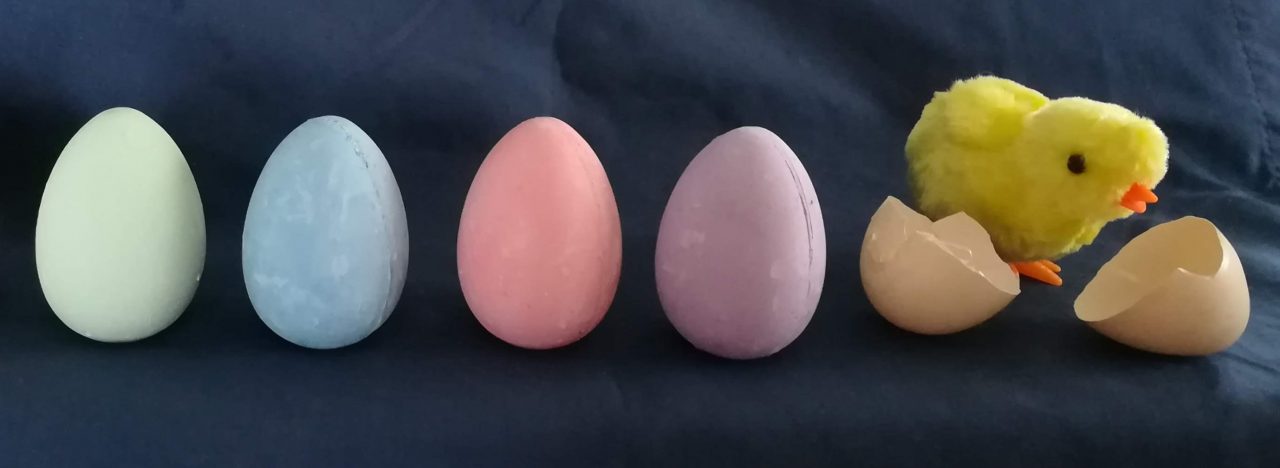
Not sure the last time I heard the announcement we were so used to, “This is a test of the Emergency Broadcasting System”. It began with a dreadful blaaaa sound, and was such an irritating nuisance!
Now we have been forced to test our Emergency Response system. It’s a nuisance, uncomfortable, inconvenient. Whether it will reach the widespread alarming proportions of the Flu Epidemic of 1918, we don’t know. We hope that the measures taken will halt it long before that. But we can see that some have already panicked, or become greedy, just as when the Great Depression (and other “Panics”) hit, which makes the whole experience worse.
Last month I posted an emergency consideration, “For the Long Haul” . . . because we never know what’s around the bend, over the horizon or hill, or how long it will last. I didn’t know then that we would have a viral outbreak that would close down schools for 6 weeks, cancel events, cause quarantine concerns . . . Just hope it doesn’t shut us down completely, with the attendant financial disaster.
Saturday I happened to need milk and a few things. The photos above were taken at the store. As I was finishing my shopping they were restocking, but I overheard one employee telling another that earlier there had been a long, long line of people outside the store anxious to stock up.
I was glad I already have some shelf-stable cartons and cans of milk, and dried milk if absolutely necessary, along with other options for eating: bottled and frozen fruits from my garden, extra canned goods, water, extra eggs and cheese in the frig, etc. I’m hoping that when this is all over, people won’t fall right back into complacency and wait for the next emergency to run out and clean out the shelves of the stores (or cause riots) because they didn’t see any reason to try to keep something on hand for possible emergencies.
I hope we will discuss with our families how we could have been better prepared for this emergency, and take steps to remedy anything we may have overlooked or that overtook us unexpectedly. I don’t think we can expect an emergency to not be inconvenient and uncomfortable, but I think we can even out the spikes of anxiety. I hope we will try to
- keep at least 3 days of necessities on hand
- consider being prepared enough to live 2 weeks without having to go to the store
- keep a roll of TP and a container of disinfectant wipes in the car for using public restrooms–not just during viral epidemics, but for anytime.
A night or two previous to going to the store I happened to watch an old Sherlock Holmes episode, “The Case of the Perfect Crime”. Watson becomes more and more alarmed as he sees more and more evidence that Sherlock is the perpetrator of a criminal spree stealing the most valuable and the most sensitive items of the Realm. As it turns out, Sherlock was acting under instruction from the highest authorities to test their protective and crime solving systems. The authorities had their eyes opened, and they took steps to resolve and strengthen weak areas of their security systems.
Before I conclude this post, I’d like to say a word about allaying the fears of our children, youth, elders, and those with intellectual or emotional disabilities. Over and over again I have been irritated by characters in stories/films that try to soothe their children by promising things they have no right to promise. “I promise I’ll be back . . .” they might say, or, “You’re going to be ok,” they tell a dying person. It’s a cop-out, because they don’t want to speak truthfully and realistically.
I’m not saying we shouldn’t reassure the fearful. But how does it help to lie to them? It leaves them feeling betrayed if the promise doesn’t come through.
I’m suggesting that we tell those immobilized by fear something like, “It’s very important that we follow the instructions we’re given, so we can fight this and not let it crush us,” in a reassuring tone. If the worst happens, we know we have done our best. If the worst doesn’t happen, we still know that we did all we could and don’t have to be filled with regrets. Bad things do happen in life, and sometimes we suffer. But we can choose to be better for them, to take the positives from the experience. If a loved one dies, we can rejoice that we knew them, think about how they have enriched our lives and made the world better for having been here. We can also try to live so people will feel that way about us.





